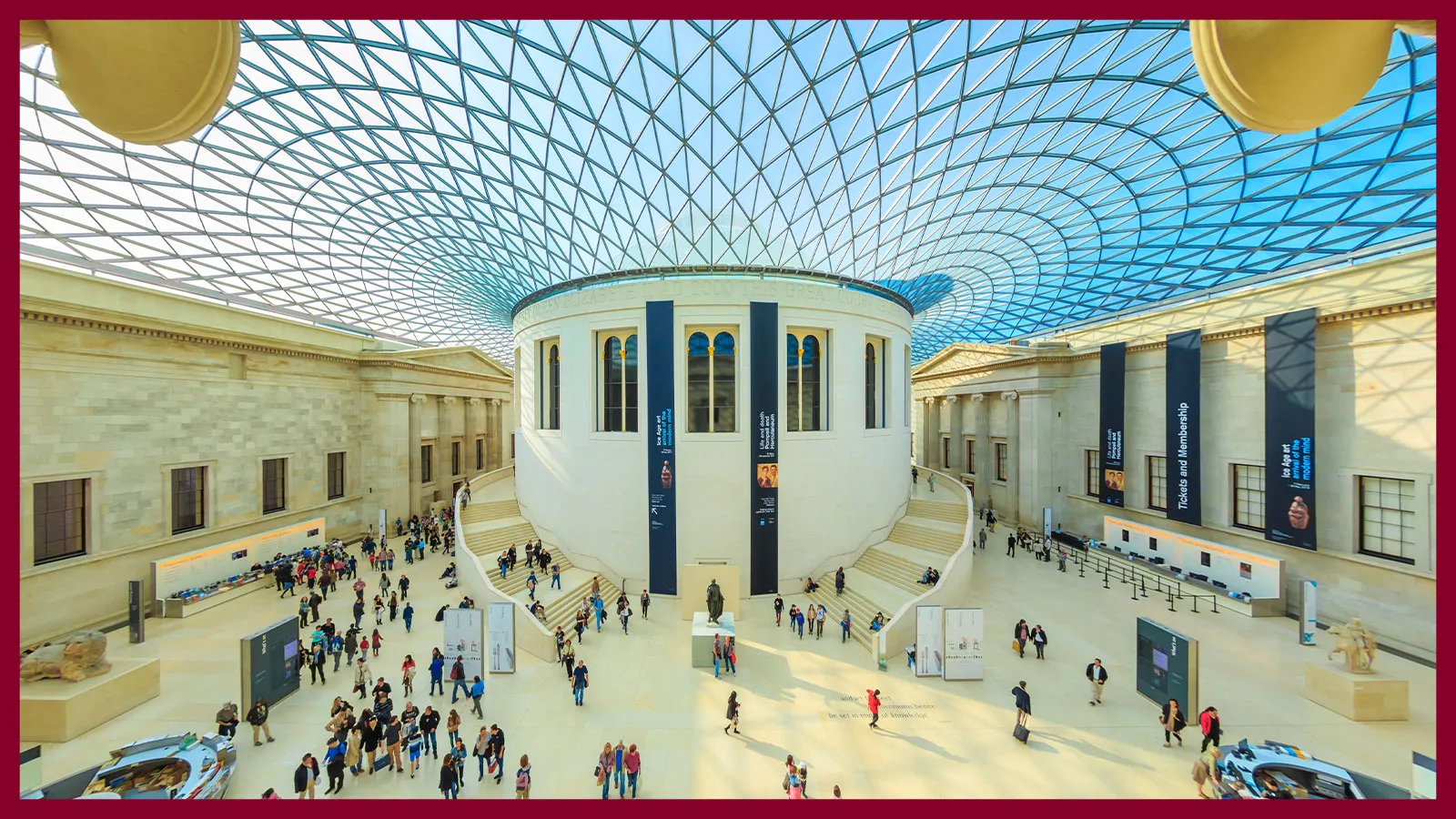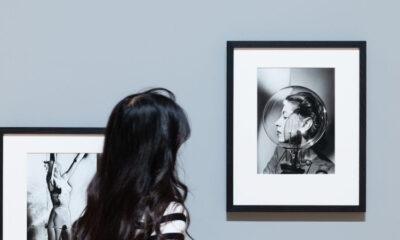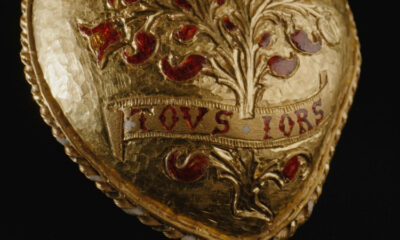Entertainment
British Museum Reopens With NFT-Only Entry Tickets

From Ancient Relics to Digital Relics
The British Museum is known for its marble halls, the Rosetta Stone, and controversial collections. But according to viral rumours, it has now embraced the blockchain era. The museum allegedly requires visitors to purchase entry tickets as NFTs, minted on a proprietary chain called HeritageNet.
A TikTok clip that went viral showed tourists scanning wallets at the entrance while a guard muttered, “Transaction confirmed, enjoy the mummies.” The caption: “History now tokenised.”
Tourists in Turmoil
Videos spread across Instagram of confused families at the gates. One father reportedly shouted, “I just wanted to see Greek statues, not mint one.” Another viral reel showed students arguing about gas fees while standing under banners reading “Welcome to the NFT Museum.”
Street performers outside the building allegedly mocked the system with signs reading, “Proof of Culture Pending.”
Fake or Real?
Polls revealed 54 percent believed the rumour. “Feels real,” one voter wrote. “The British Museum already profits from other people’s history.” Another argued, “Fake, but believable. Museums love overpriced tickets.”
The blurred line between absurdity and plausibility turned the rumour into meme gold.
Meme Avalanche
Memes appeared faster than tour groups. One viral edit showed the Rosetta Stone overlaid with QR codes. Another displayed hieroglyphics captioned: “First NFT language.”
Parody slogans included:
- “Stake your seat in history.”
- “Liquidity in legacy.”
- “Past preserved, wallet required.”
Camden Market soon sold tote bags reading “I minted my way into the British Museum.”
Top Comments from the Internet
- “Finally, history as volatile as Bitcoin.”
- “The Elgin Marbles come with gas fees now.”
- “At least my ticket is rarer than the artefacts.”
Museum Response
The museum officially denied the rumour, but parody press releases spread quickly. One fake statement claimed: “Our cultural heritage deserves blockchain validation.” Another joked that “All artefacts will soon be available as fractionalised NFTs.”
Even academics joined the satire. A Cambridge historian quipped, “The British Museum has always traded in stolen goods. Now it trades in JPEGs.”
Why It Resonates
The rumour resonates because museums already feel transactional. Visitors pay hefty fees, shuffle past relics, and leave through gift shops. Replacing tickets with NFTs exaggerates this experience until it becomes a parody of cultural capitalism.
An LSE anthropologist remarked, “NFT entry works as satire because museums already commodify memory. This simply makes it digital.” The line spread widely as a meme with the hashtag #MintThePast.
Satirical Vision of the Future
Imagine heritage sites across London following suit. The Tower of London is selling Raven NFTs. The National Gallery is offering digital brushstrokes. Even Stonehenge requires a “Proof of Druid Token” to enter.
A parody TikTok already circulates: a tourist crying as their NFT ticket expires before they reach the Egyptian gallery. Caption: “Rugged by history.”
Tourist Reactions
For visitors, the rumour was equal parts absurd and believable. One American joked, “I travelled 5,000 miles to mint a JPEG of a sarcophagus.” Another quipped, “My museum souvenir is now a blockchain receipt.”
By Sunday, parody stalls outside sold postcards stamped with QR codes, branded as “NFT entry stubs.” They sold out by evening.
The Bigger Picture
Behind the laughter lies commentary on how institutions monetise culture. Museums, already accused of hoarding stolen treasures, risk being seen as profit machines. NFT-only entry satirises this trend, mocking how access to history could be paywalled in the name of innovation.
Cultural critics argue the popularity of the rumour reflects distrust of both heritage institutions and financial hype. People laugh because the absurdity feels alarmingly plausible.
Conclusion
Whether the British Museum truly requires NFT tickets doesn’t matter. The rumour has already cemented itself in London’s meme economy, showing that even ancient history is not safe from modern gimmicks.
So the next time you plan a cultural trip, don’t just pack your guidebook. Pack your wallet app. Because in 2025, the past might cost you a mint.
By Sophie Malik – Satirical Markets Writer
sophie.malik@londonews.com






















